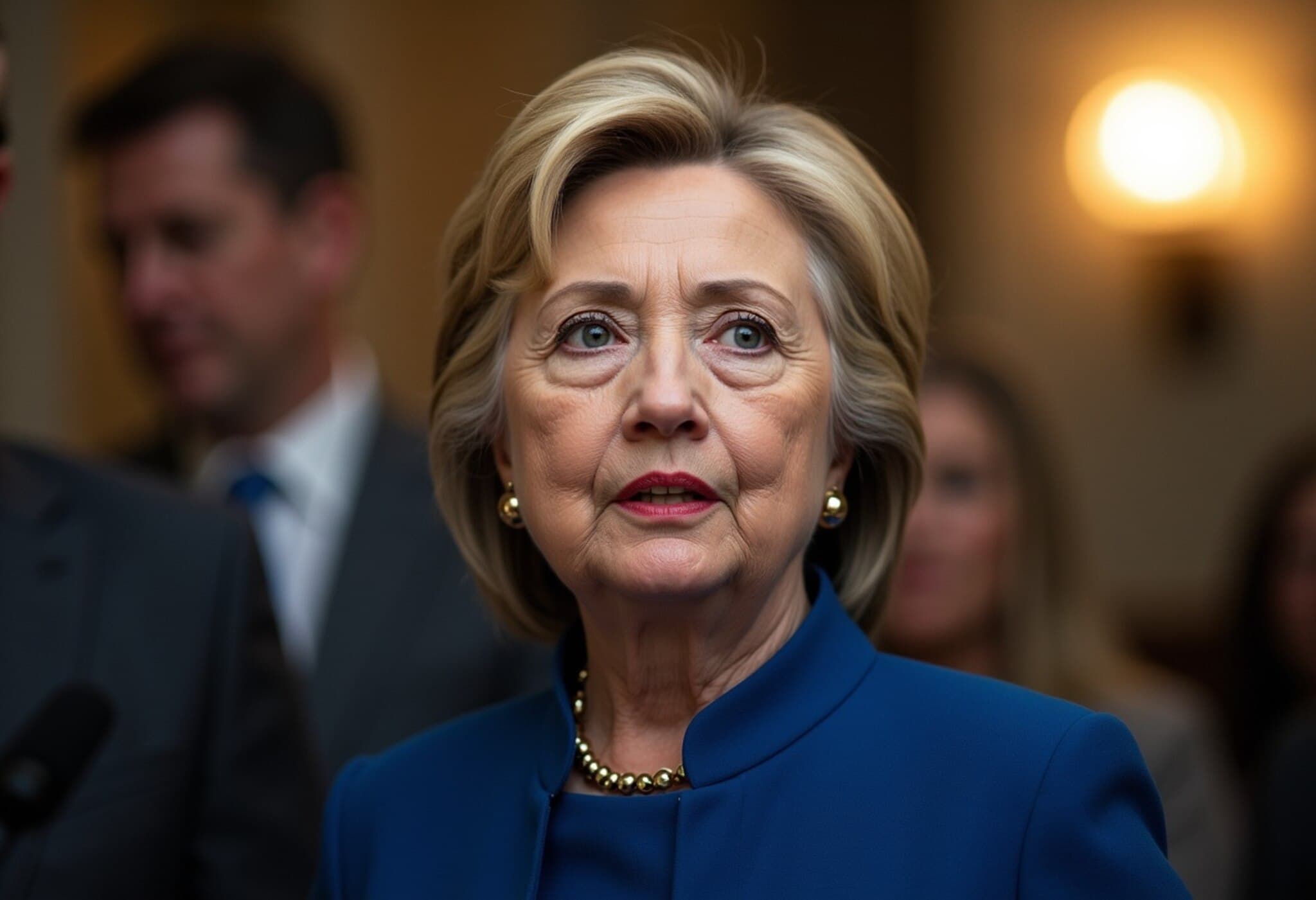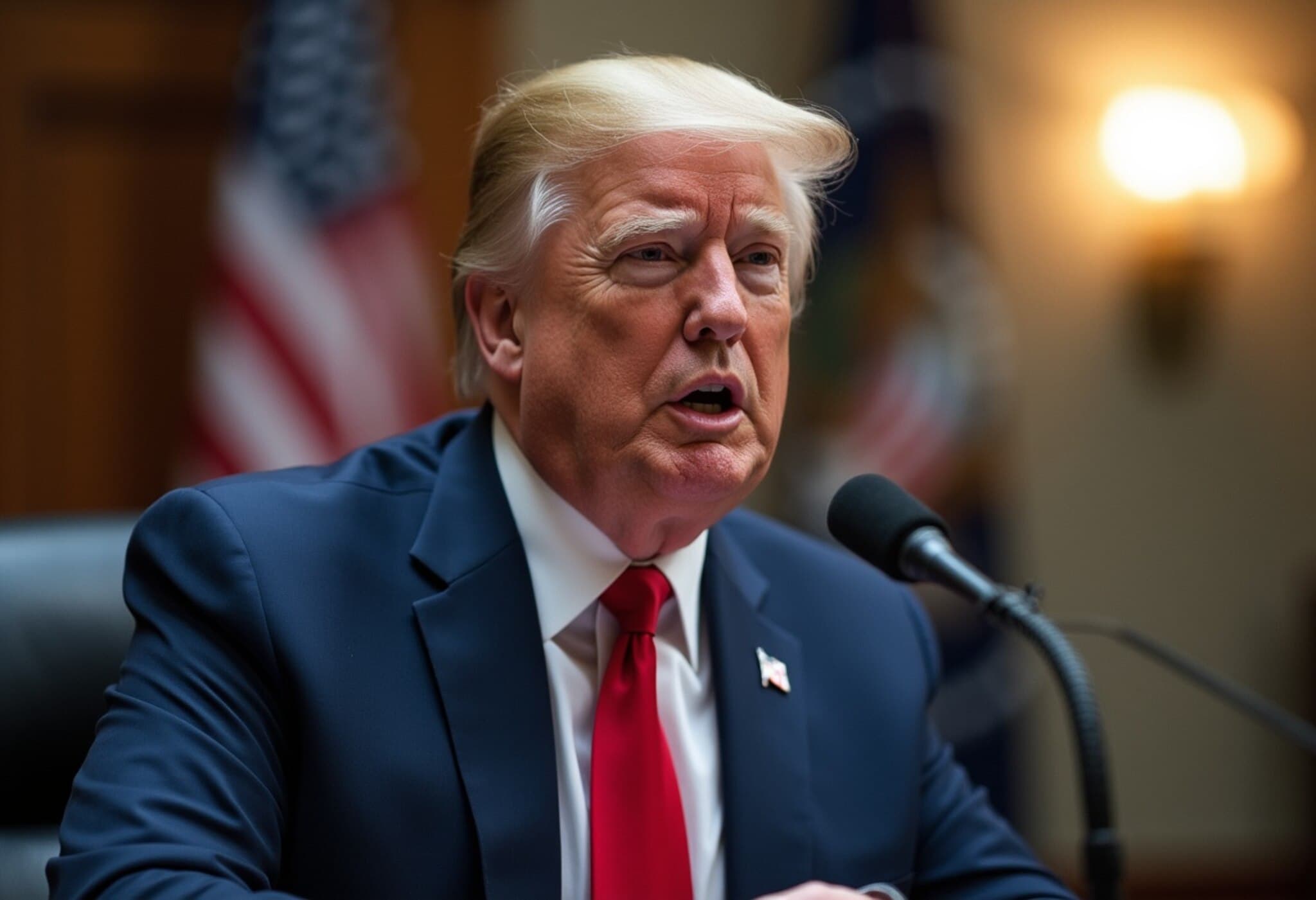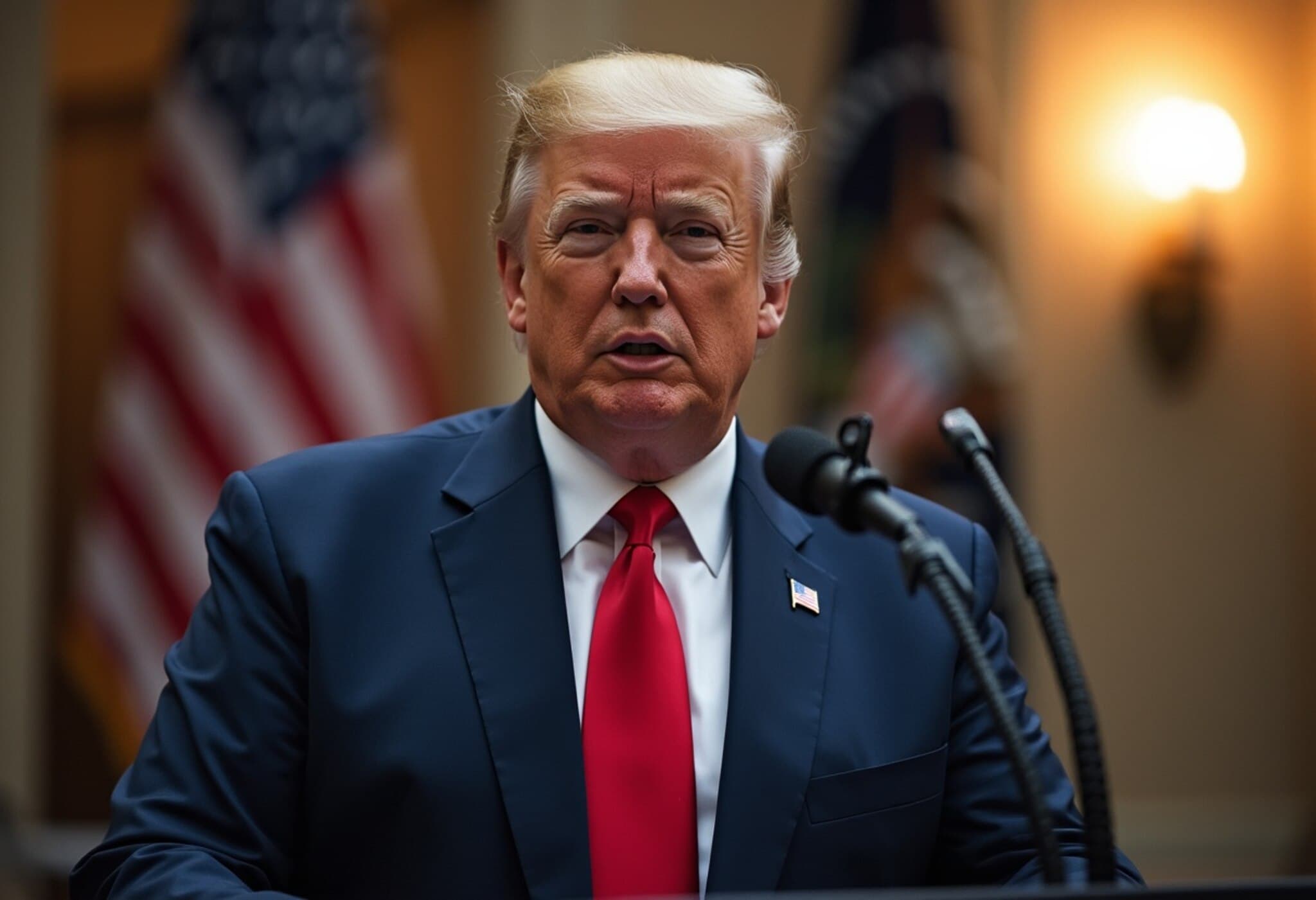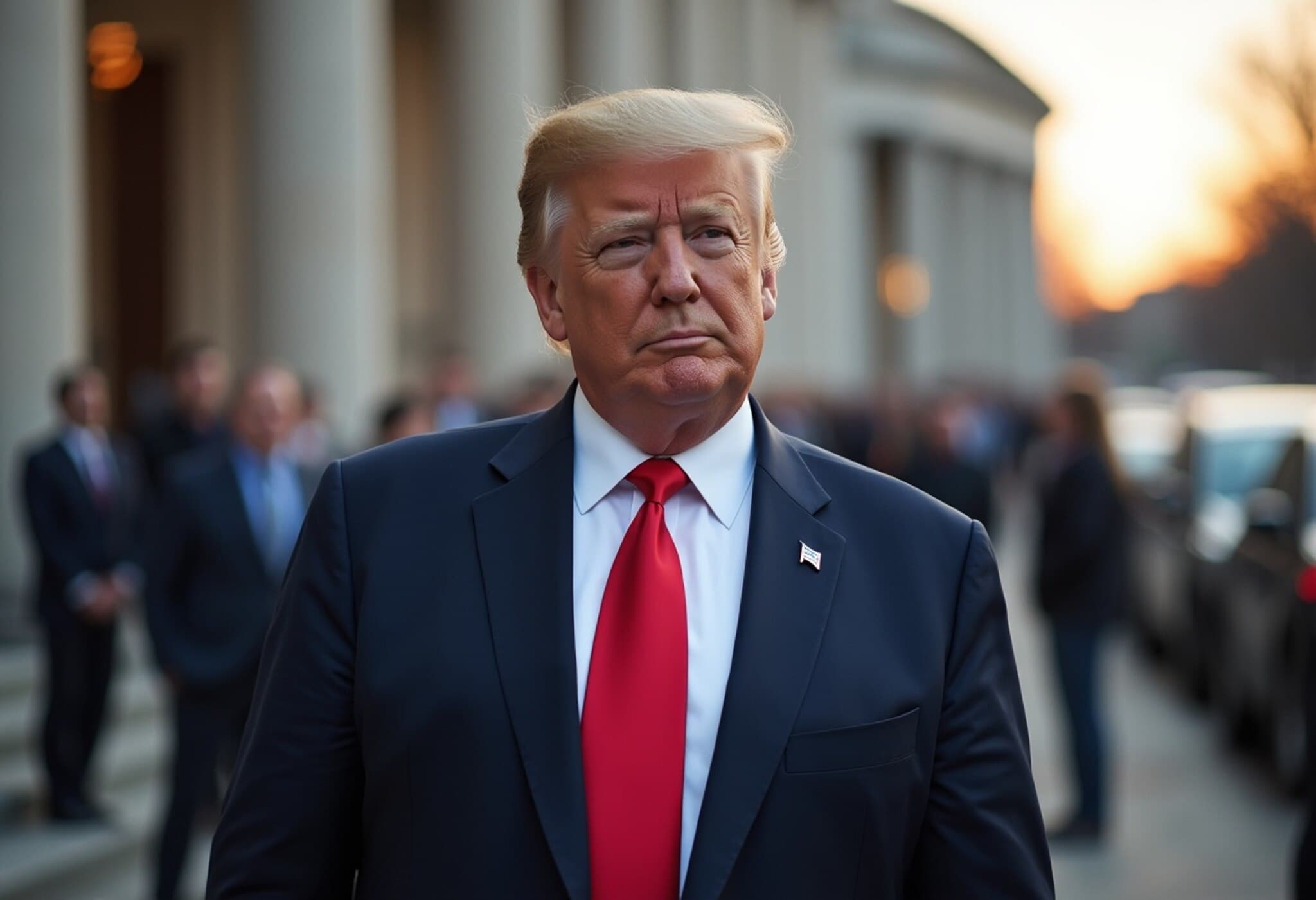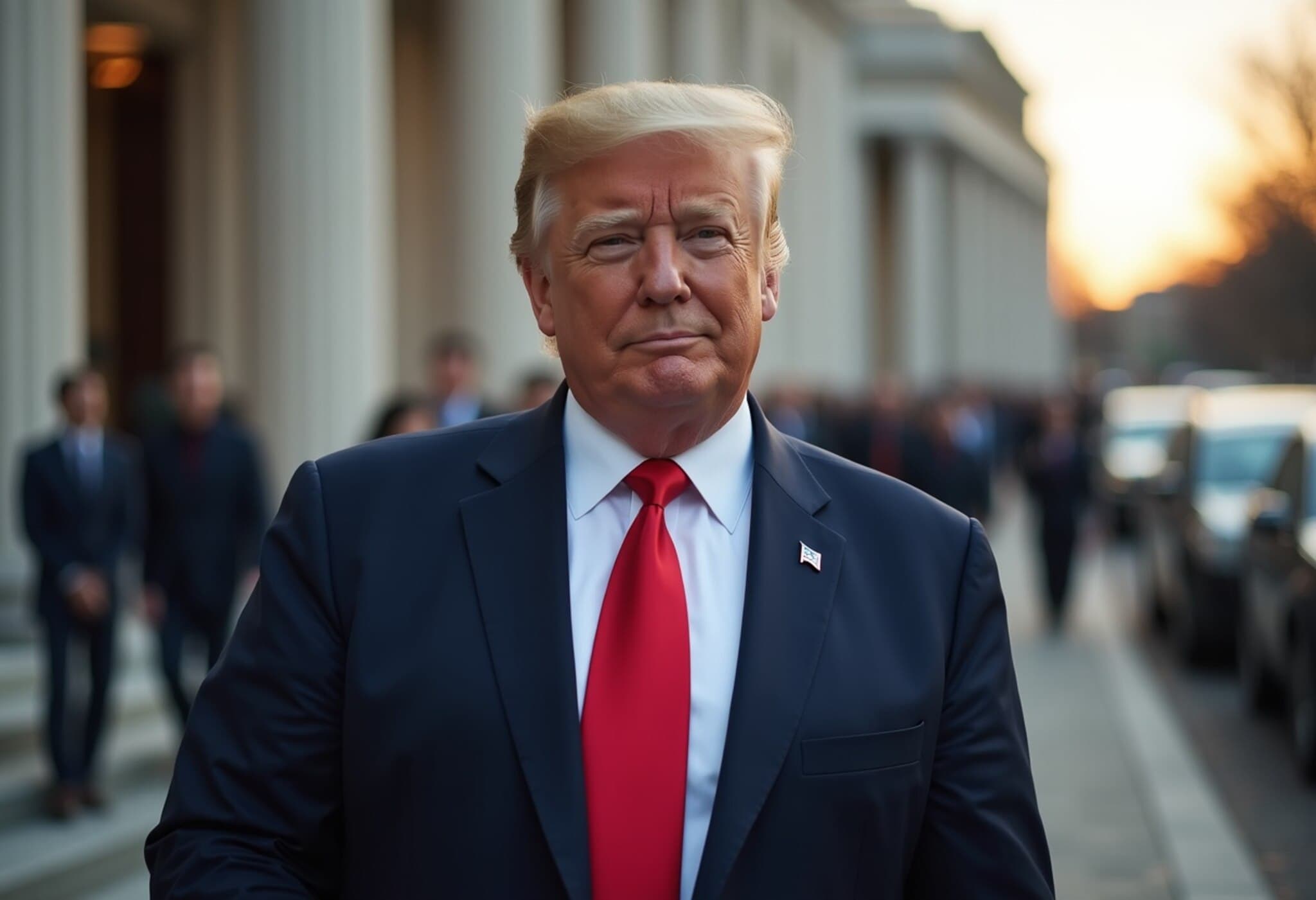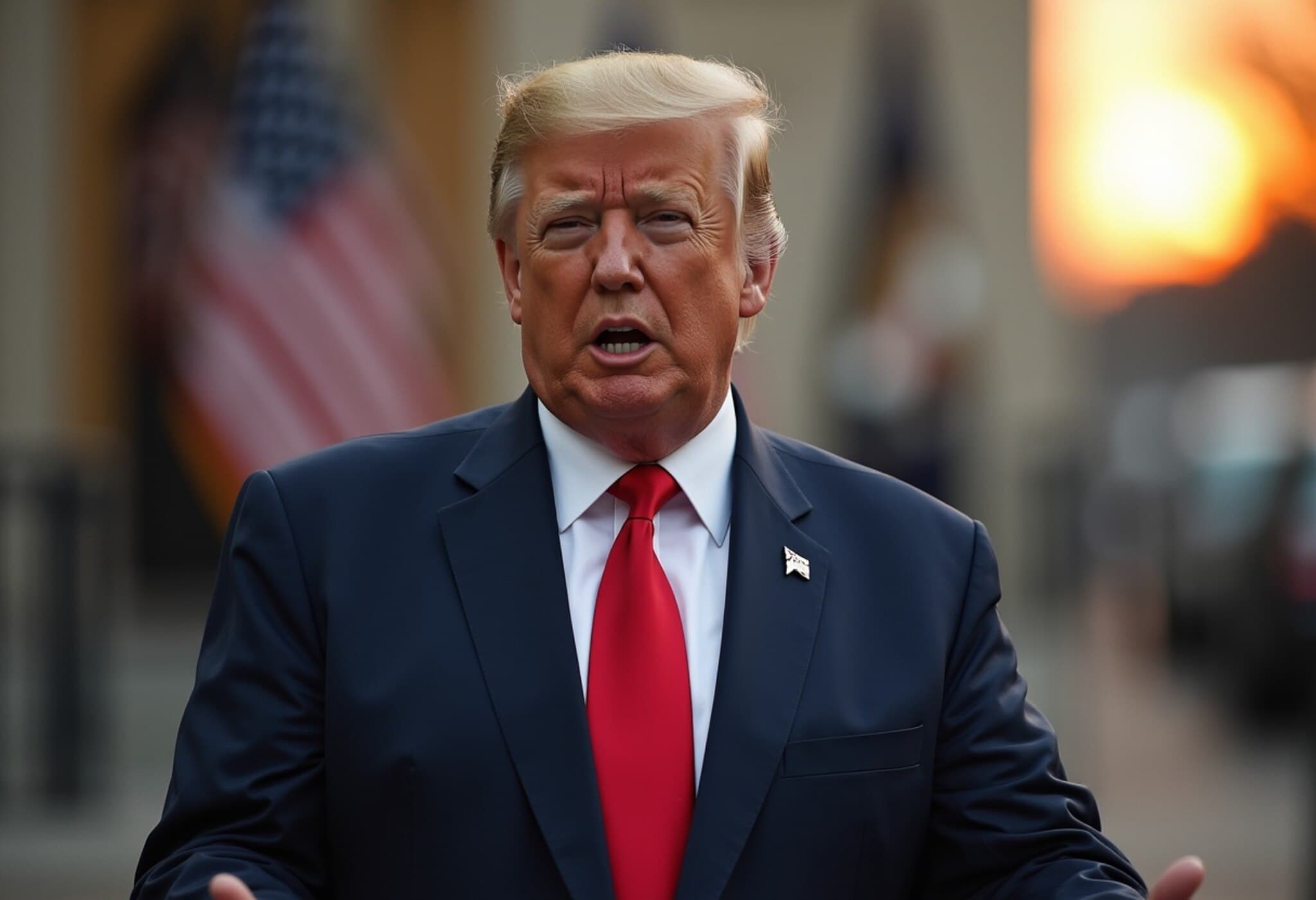Declassified Documents Raise New Questions Over FBI’s Handling of Clinton Email Investigation
Recent declassified materials have cast a spotlight back on the FBI's 2016 investigation into former Secretary of State Hillary Clinton’s private email server use, suggesting the bureau might have fallen short in fully probing allegations of mishandling classified information during her tenure under the Obama administration.
What the Declassified Files Reveal
Senate Judiciary Committee Chairman Chuck Grassley publicly disclosed documents indicating that the FBI received thumb drives from a confidential source containing data allegedly extracted from the State Department through cyber intrusions. This data reportedly included emails from former President Barack Obama and other senior officials. Despite this potentially critical evidence, Grassley criticized the FBI for an "extreme lack of effort and due diligence" in its inquiry.
The files also reference a 2018 report by Department of Justice Inspector General Michael Horowitz, a key watchdog overseeing federal law enforcement activities. Notably, it remains unclear whether the FBI conducted any substantive follow-up on the hard drives after Horowitz’s findings were made public.
The FBI’s Stance and Political Context
Back in 2016, during Clinton’s presidential campaign against Republican candidate Donald Trump, FBI leadership concluded that although there was evidence suggesting possible violations related to classified material handling, prosecuting Clinton was unwarranted. Then-FBI Director James Comey stated that no reasonable prosecutor would pursue charges based on the available facts.
Further details surfaced, revealing that then-FBI Deputy Director Andrew McCabe requested permission from Deputy Attorney General Sally Yates to use the obtained drives in the FBI’s broader investigation of Russian interference in the 2016 election—underscoring the intertwining nature of the email probe and national security concerns at that time.
Expert Insights: What This Means Today
This renewed scrutiny challenges public perceptions about federal accountability, especially concerning high-profile political figures. From a legal standpoint, it raises critical questions about the department’s threshold for evidence and prosecutorial discretion.
Policy analysts emphasize the necessity for transparent and thorough investigations in politically charged cases to maintain public trust. As former FBI oversight officials note, intelligence leaks and cybersecurity vulnerabilities during that era represented significant threats, making any alleged lapses in investigative rigor all the more consequential.
Underreported Implications
- Impact on Election Integrity: How might incomplete inquiries affect broader confidence in electoral processes?
- Cybersecurity Lessons: What reforms have been implemented to prevent similar breaches within government departments?
- Institutional Accountability: Are mechanisms robust enough to hold federal agencies accountable when politically sensitive investigations overlap with national security?
Looking Ahead
As political divisions persist regarding Clinton’s email controversy, these disclosures serve as a case study on balancing legal prudence with the imperative of transparency. The FBI’s handling of cyber evidence and prosecutorial decisions continues to invite debate around the intersection of justice, politics, and intelligence.
For policymakers and the public alike, it prompts reflection on how democracy can best safeguard itself against both internal procedural shortcomings and external cyber threats.
Editor's Note
While the FBI’s 2016 decision not to prosecute Hillary Clinton remains defended by some as judicious, newly released documents suggest gaps that merit closer examination. This situation exemplifies the ongoing tension between law enforcement discretion and the public’s right to thorough accountability in politically sensitive cases. As cyber threats evolve and political pressures mount, ensuring impartial, comprehensive investigations remains vital for upholding the rule of law and democratic trust.

